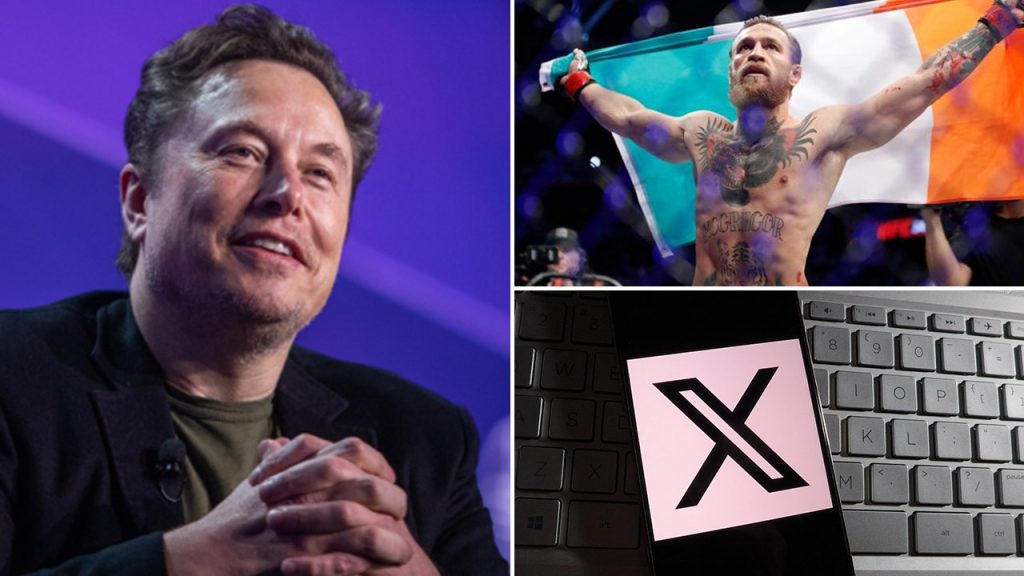The Irish government is making changes to its hate speech laws following widespread criticism, including from X owner Elon Musk, who vowed to fight the legislation in court. Justice Minister Helen McEntee announced that parts of the proposed Hate Offences bill, dealing with incitement to hatred or violence, would be removed, as they were seen as overly intrusive and potentially punishing citizens for mere possession of certain materials. The bill had already passed through Ireland’s lower chamber but had stalled in the Senate due to concerns over its controversial provisions.
With a general election looming, the government is facing pressure to address the hate speech legislation, in light of concerns about mass immigration and rising tensions within the country. McEntee emphasized that the tougher sentencing for physical hate crimes would still proceed under the bill. The removal of the incitement component is being viewed as a victory for free speech advocates, who had raised concerns about the vagueness of the legislation and its potential impact on basic freedoms. Sinn Féin and other opposition parties had also expressed reservations about the bill.
Elon Musk’s involvement in the debate brought international attention to the issue, with the billionaire pledging to support legal challenges to the hate speech legislation. Musk argued that freedom of speech is essential for a functioning democracy and vowed to defend the rights of Irish citizens to express their views within the boundaries of the law. The support from Musk and other prominent figures, such as MMA fighter Conor McGregor, highlighted the broad opposition to the hate speech bill and the concerns about its potential impact on free expression.
Critics of the hate speech legislation pointed out the dangers of restricting speech in the name of protecting certain groups, noting that such laws often lead to censorship and suppression of dissenting opinions. The government’s justification for the legislation, in response to riots in Dublin over a violent incident involving a migrant, was seen as misguided by many, who argued that free speech should not be sacrificed for perceived security concerns. The efforts to push back against the hate speech bill reflected a broader debate on the balance between protecting vulnerable communities and safeguarding fundamental rights.
The debate over hate speech legislation in Ireland underscored the complexities of regulating speech in a diverse and rapidly changing society. The need to address hate crimes and discrimination was seen as important, but the methods chosen to tackle these issues raised significant concerns about freedom of expression. The involvement of high-profile individuals like Musk and McGregor highlighted the widespread opposition to the legislation and the strong commitment to defending free speech rights. Moving forward, the Irish government would need to consider a more balanced approach to addressing hate crimes while upholding essential democratic principles.


